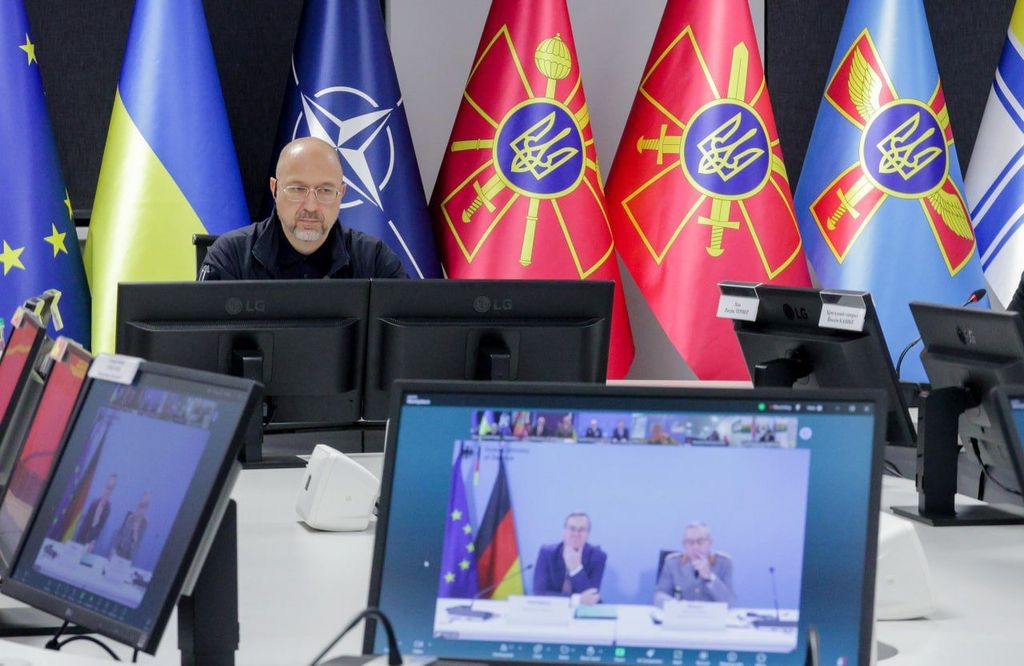The Western countries should not restrict their aid to Ukraine in its war with Russia, said Estonian President Alar Karis, as reported by ERR.
"Ukraine is in a state of war. Russia does not impose restrictions on aggression towards Ukraine, so we should not impose restrictions on the aid provided to Ukraine," emphasized the head of the Estonian state.
According to him, such restrictions on aid to Ukraine "will only help Russia plan its strikes."
He added that he considers Ukrainian strikes on Russian military targets located in the rear legitimate. This leads to a slowdown in the Russian military machine.
The president reminded that Estonia has decided to provide military aid to Ukraine in the amount of 0.25% of GDP over four years and calls on its allies to do the same.
"If everyone does it, Ukraine will win... We need to give Ukrainians what they really need," Karis noted.
He also believes it is important to provide continuous assistance in rebuilding the infrastructure destroyed by Russia in Ukraine, which needs to be addressed during the war to give Ukrainians hope that their lives will normalize and they will return home. President Karis also emphasized the desire to support Ukraine's economy through business cooperation in the defense industry, construction, and the digital sphere.
"And I will repeat what has been said many times - Ukrainian science and education require special attention. It is necessary to support these areas, as they largely determine the future of Ukraine. In Estonia, we say that our strength is education. The same can be said about Ukraine," emphasized President Karis.
According to him, the economic sanctions imposed against Russia are certainly necessary. "But it is even more important to adhere to these sanctions, otherwise they are just a beautiful declaration," added the head of the Estonian state.
"We must daily consider Ukraine and Moldova in the context of EU and NATO enlargement, which means freeing both societies from the pressure of corruption and noticeable movement towards a strong civil society," said Karis.





















